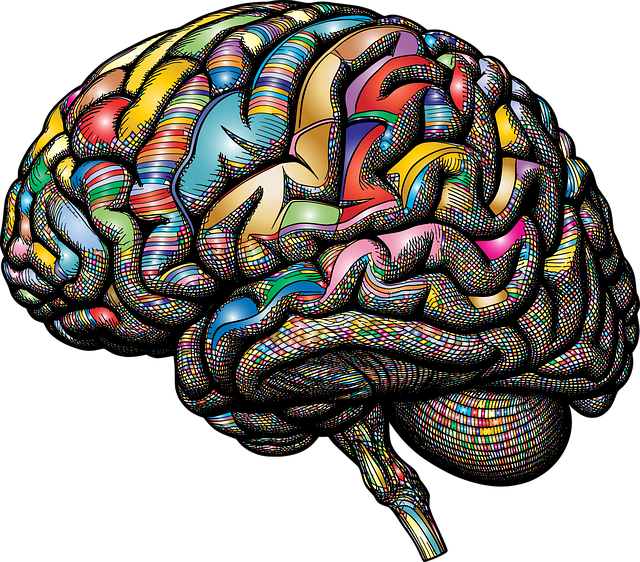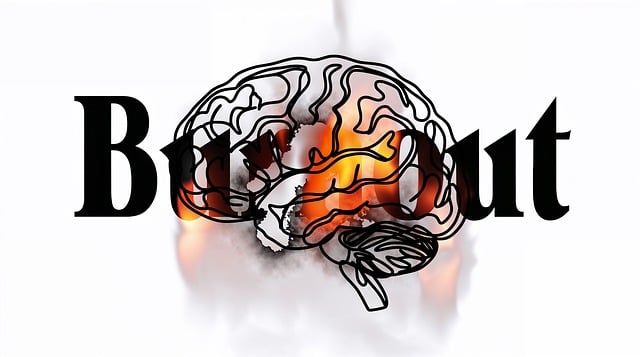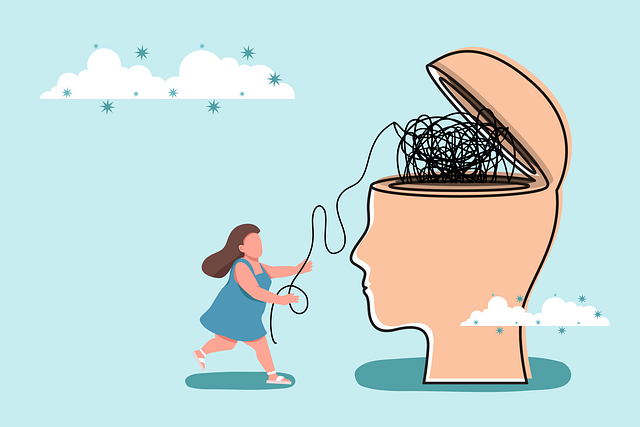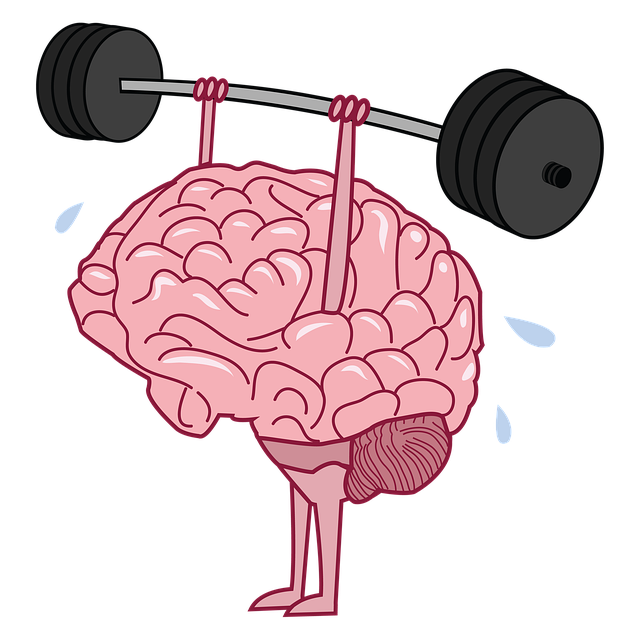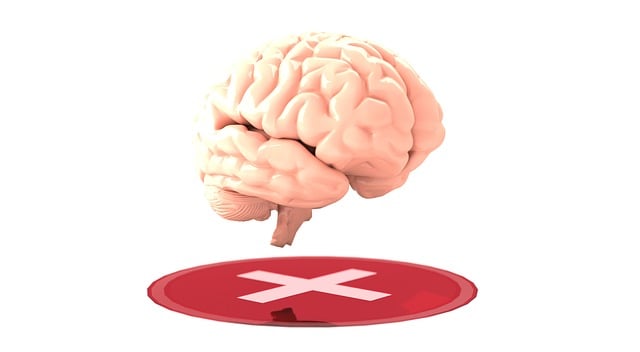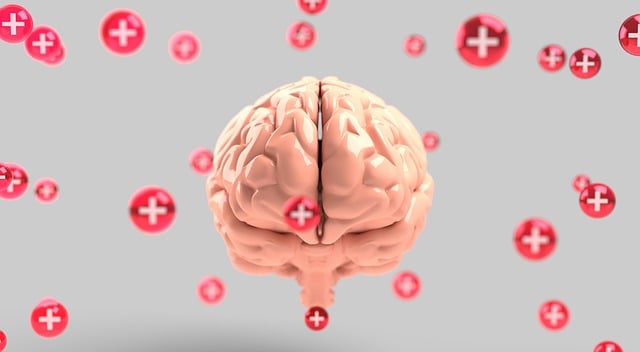Westminster Sexual Addiction Therapy (WSAT) offers specialized social skills training tailored to individuals with mental health conditions, focusing on communication, listening, and empathy-building. Their comprehensive program addresses unique social interaction challenges, empowering clients with strategies for healthier relationships, stress management, and emotion regulation. Through evidence-based techniques, WSAT fosters inner resilience against anxiety, depression, and addiction, ultimately leading to improved mental health outcomes and reintegration into society.
Social skills training is a powerful tool for improving mental health outcomes. This comprehensive guide explores the intricate link between social abilities and psychological well-being, delving into specific challenges faced by individuals with conditions like sexual addiction.
We highlight the specialized role of Westminster Sexual Addiction Therapy in delivering effective social skills training, offering a step-by-step strategy for enhancement. Discover long-term benefits, real-life applications, and actionable insights to support recovery and foster healthier interactions.
- Understanding the Link Between Social Skills and Mental Health
- Identifying Challenges in Social Interaction for Individuals with Mental Health Conditions
- The Role of Westminster Sexual Addiction Therapy in Social Skills Training
- Effective Strategies for Enhancing Social Skills: A Step-by-Step Guide
- Long-Term Benefits and Real-Life Applications of Social Skills Training
Understanding the Link Between Social Skills and Mental Health

Social skills training plays a pivotal role in managing mental health conditions, especially those related to addiction and interpersonal struggles. The connection between social skills and mental well-being is intricate; individuals with robust social competencies often exhibit better coping mechanisms and resilience against various psychological disorders. Conversely, deficiencies in these skills can exacerbate symptoms of anxiety, depression, and even sexual addiction, as seen in cases managed by Westminster Sexual Addiction Therapy.
At the heart of this relationship lies empathy building strategies and self-care practices. Developing inner strength through effective communication, active listening, and understanding non-verbal cues fosters a sense of belonging and reduces feelings of isolation. These skills are crucial for navigating relationships, resolving conflicts, and cultivating supportive social networks, all of which contribute to improved mental health outcomes.
Identifying Challenges in Social Interaction for Individuals with Mental Health Conditions

Individuals with mental health conditions often face unique challenges when it comes to social interactions. These challenges can be multifaceted, stemming from symptoms of their disorder or side effects of treatment. For example, those dealing with anxiety disorders may struggle with initiating conversations or maintaining eye contact, while individuals with depression might exhibit a lack of interest in social activities or find it hard to express their emotions. In some cases, such as with addiction or severe mood disorders, impulsive behaviors can interfere with the ability to form and maintain healthy relationships.
Westminster Sexual Addiction Therapy highlights that these challenges are not insurmountable. By understanding the specific difficulties faced by each individual, tailored interventions can be developed. Techniques such as cognitive-behavioral therapy (CBT) focus on modifying negative thought patterns and behaviors related to social interactions. Incorporating stress management strategies, based on Mind Over Matter principles, can empower individuals to navigate social situations with greater ease. Through emotional healing processes, people can learn to regulate their emotions, build resilience, and cultivate meaningful connections, ultimately enhancing their overall well-being.
The Role of Westminster Sexual Addiction Therapy in Social Skills Training

Westminster Sexual Addiction Therapy (WSAT) plays a pivotal role in providing specialized social skills training tailored to individuals dealing with mental health conditions, particularly those struggling with sexual addiction. The therapy program recognizes that effective recovery involves not just addressing the underlying issues but also equipping individuals with enhanced social interaction abilities. WSAT offers a safe and supportive environment where participants learn practical strategies for building healthy relationships, managing stress, and regulating emotions—crucial aspects of emotional well-being.
Through evidence-based techniques, the therapy focuses on fostering inner strength development, enabling clients to navigate social situations with confidence. By mastering communication skills, individuals can better express their needs, set boundaries, and reduce risky behaviors often associated with addiction. WSAT’s comprehensive approach not only targets the symptoms of sexual addiction but also empowers individuals with the tools to sustain long-term recovery, leading to a more fulfilling and balanced life.
Effective Strategies for Enhancing Social Skills: A Step-by-Step Guide

Social skills training plays a pivotal role in managing and improving mental health conditions, offering individuals tools to navigate social interactions with confidence and ease. At Westminster Sexual Addiction Therapy, we’ve developed an effective step-by-step guide to enhance social skills, catering to diverse needs.
The process begins by identifying specific areas of difficulty, whether it’s initiating conversations, maintaining eye contact, or interpreting social cues. Following this, targeted practice sessions are designed, focusing on role-playing scenarios and group activities. Education is a key component, where individuals learn about nonverbal communication, active listening, and empathy. Integrating stress reduction methods, such as mindfulness techniques, further aids in managing anxiety during social engagements. As the training progresses, real-world applications become more prevalent, encouraging clients to put their newfound skills into practice in controlled environments before transitioning to daily life. Regular feedback sessions ensure continuous improvement and allow for adjustments tailored to individual progress. Incorporating mental health awareness and burnout prevention strategies for healthcare providers involved in this process fosters a supportive ecosystem, enhancing overall therapeutic outcomes.
Long-Term Benefits and Real-Life Applications of Social Skills Training

Social Skills Training offers long-term benefits that extend far beyond the therapy room. For individuals struggling with mental health conditions like sexual addiction, these skills become powerful tools for recovery and reintegration into society. By participating in such training, patients can develop effective communication strategies, learn to navigate social situations with confidence, and foster healthier relationships—all of which contribute to improved overall well-being. This proactive approach not only enhances their personal lives but also enables them to re-enter the workforce or engage in community activities with greater ease.
The real-life applications are diverse. For instance, a person who has been through Westminster Sexual Addiction Therapy might use these skills during risk management planning sessions, helping them anticipate and mitigate potential triggers in various settings, including workplace environments. Healthcare provider cultural competency training can also benefit from social skills development, as it encourages professionals to communicate sensitively with patients from different backgrounds. Moreover, stress management workshops organized by mental health organizations can incorporate these techniques to empower individuals with coping mechanisms for everyday challenges, thereby reducing the risk of relapse or exacerbating mental health issues.
Social skills training, as facilitated by innovative approaches like Westminster Sexual Addiction Therapy, plays a pivotal role in enhancing the lives of individuals with mental health conditions. By addressing specific challenges in social interaction, this type of therapy empowers people to navigate social situations more confidently. The long-term benefits are profound, fostering improved relationships, increased support networks, and greater overall well-being. Through practical strategies and ongoing support, social skills training becomes a powerful tool for personal growth and recovery.
